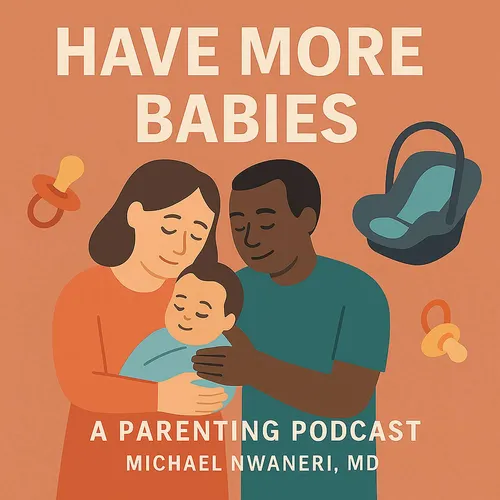Motor Skills Maze: How Kids with Dyspraxia Find Their Way
- Author
- Michael Nwaneri, MD
- Published
- Sun 17 Aug 2025
- Episode Link
- None
Dyspraxia remains one of the most misunderstood developmental challenges affecting children today. Far more than simple clumsiness, this neurological condition impacts how the brain processes information and translates it into planned, coordinated movements—creating a disconnect that makes everyday tasks extraordinarily difficult.
What does dyspraxia look like in daily life? A child struggling to tie shoelaces despite repeated practice. The student who can't quite master holding a pencil correctly. The little one who bumps into things constantly, not from carelessness, but from genuine difficulties with spatial awareness. These patterns represent more than occasional awkwardness—they signal a brain working differently to navigate the physical world.
Recognition leads to transformation. We explore the crucial steps from initial pediatrician consultations through specialized evaluations with occupational therapists and educational psychologists. The interventions that follow—targeted occupational therapy, speech support when needed, and educational accommodations—create pathways to success. But perhaps most powerful are the everyday strategies: breaking complex tasks into manageable steps, establishing predictable routines, using adaptive tools, and celebrating every victory, no matter how small. These approaches build scaffolding that helps children with dyspraxia discover their unique strengths and potential.
Beyond the physical challenges lies something equally important—the emotional journey. Children with dyspraxia often develop remarkable creativity and problem-solving abilities as their brains find alternative routes to navigate challenges. By fostering inclusive environments, challenging stereotypes, and sharing success stories, we help weave dyspraxia into the beautiful tapestry of human diversity. Every child deserves to be understood, supported, and celebrated for exactly who they are.
Visit the blog: https://www.omegapediatrics.com/dyspraxia-maze-motor-skills-in-children/
🎧 Thanks for Listening!
If you found this episode helpful, be sure to subscribe, download, and share it with friends, family, or colleagues who might benefit. Your support helps us reach more listeners and spread valuable knowledge on pediatric care.
🌐 For more expert insights, resources, and services, visit Omegapediatrics.com — your trusted source for compassionate, comprehensive pediatric care.
💬 Have questions or ideas for future episodes? Leave us a comment or message us through our website — we’d love to hear from you!
📲 Follow us on social media for tips, updates, and behind-the-scenes content.
